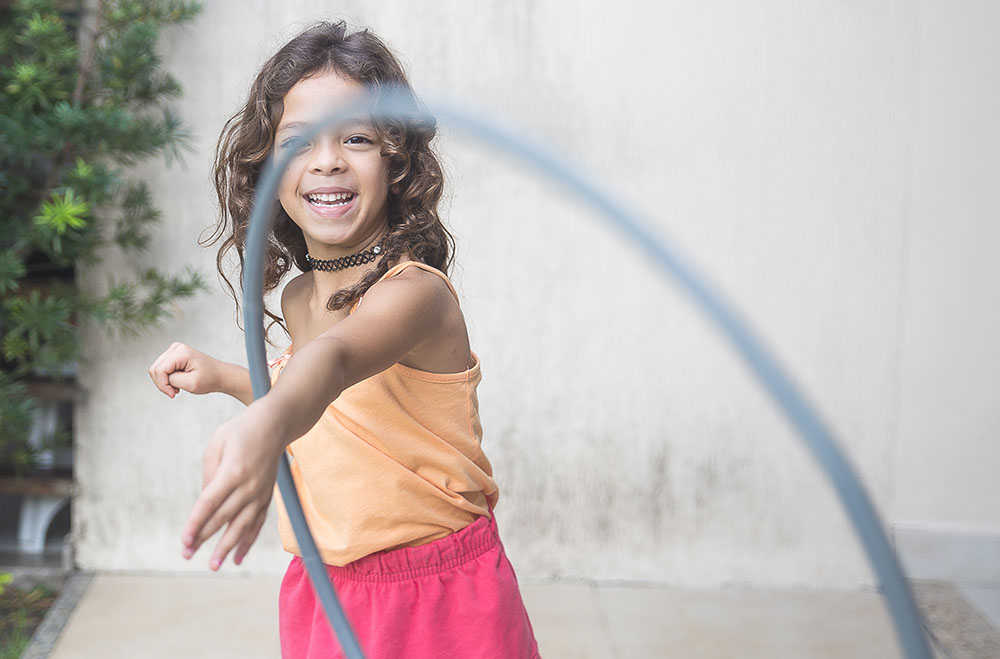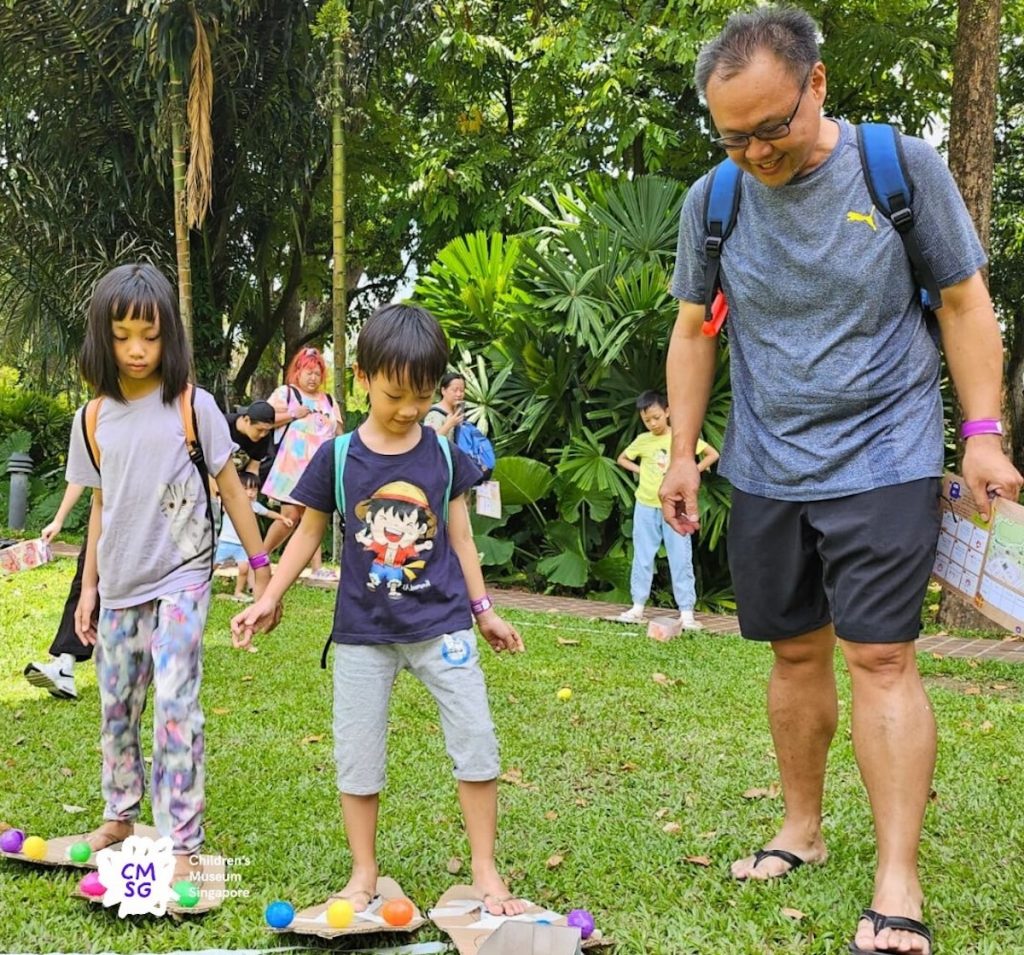Learning is 24/7. Everywhere we go, everything we see, whatever we communicate with, we are constantly soaking in information.
By Shireen Shen Jega
Learning isn’t JUST a formal affair; we don’t learn only at school, instructed solely by a teacher, sitting at a desk, doing sums or completing mundane worksheets. Intrinsically, humans are learners; we are constantly soaking in knowledge everywhere we turn. More so for our little ones, who absorb information at a rate far greater than adults do.
This, essentially, is what homeschooling is all about for me. It’s not just about setting in place a curriculum that involves workbooks and lessons, it’s also about cultivating an environment that encourages a lust for learning.

At Home
Have you ever heard that quote, “Education begins at home”?
Attaining basic life skills, imparting moral values, learning basic manners and understanding basic social interactions, come first, from home. Parents are the child’s first teachers.
Involve your children in everything you do, even something as mundane as pouring a glass of water. Have them help you, encourage them to pour with you, eventually have them pouring their own glass.
This simple activity, develops independence, and helps to build strength in their wrists and fingers, which will eventually assist them with drawing and writing.
Introducing concepts such as empty and full lays a foundation for an introduction to capacity. Experimenting with an overflowing glass, for example, teaches children about volume and instigates hypotheses important in cultivating a background for Science – Why did the glass overflow? What did you do? How did it happen?
Read, read, read to your children! I just can’t enough. Books are one of the first avenues that help to develop your child’s sense of wonder and imagination. The bold illustrations and the enchanting story lines teach the child that the world is an intriguing and incredible place, a place where there are new things to explore and discover.
Books are also wonderful mediums of knowledge; it’s through books that children develop a vast vocabulary and basic understanding of letters, numbers, shapes and colours.
I read to my children constantly throughout the day, and choose books based on their interests. I love books that are interactive, with lift the flap activities or books that encourage a question and response type of engagement.

At The Supermarket
My absolute favourite pastime with the kids! Other than jostling shopping carts (a lesson in manners) and waiting in line at the checkout line during peak hour (a lesson in patience), supermarket shopping offers a myriad of learning opportunities. We soak in the sights and smells, discover colours and shapes as we roam the fruit and vegetable isles, brush up on our counting skills, money identification, read signs and labels and identify healthy and unhealthy foods.
My five-year-old daughter, enjoys reading the shopping list whilst helping me scour the shelves, she loves reading out loud new words she comes across and adds and subtracts price tags. My two-year-old son, on the other hand, helps me count the fruit and vegetables as I bag them, identifies letters and their letter sounds on the food labels and particularly enjoys counting the crabs in the ice box.

In The Car
When I was younger and bored in the car, my Mum used to play a game that my sister and I thoroughly enjoyed every time. We called it “Spell & Count”
My Mum would have us look at car license plates that were directly in front of us as we stopped at the traffic lights. We then had to choose a letter we saw, think of a word and spell it out and either add, subtract, multiply or divide all the numbers we saw as quickly as we could before the car sped off.
Whoever was fastest, would get a point and the person with the most points, would later, receive a reward. We absolutely loved it and could not wait to jump in the car and play the game. It was basic revision for us, and the best part was that we didn’t even realise it!
It wasn’t a chore because it was so much fun for us. I’ve modified the game for my kids however, having them identify numbers and letters, instead.
Other than license plates, we often point out road and street signs (brushing up on our reading skills), talk about road safety (when to cross the road, what colours to look out for on the traffic lights) build on our vocabulary and knowledge by pointing out landmarks (skyscrapers, bridges, museums).
The kids love to point out various shapes they come across and observe what shapes are used to form a building, for example, or a bus.

About Town
So many things to see and discover! This is another one of my favourite things to do, especially when the kids are tired of being cooped up at home or at school.
Using nature as a teacher is something we should consider undertaking, as parents. Instead of taking your child to a shopping mall, take them on a nature walk around the estate.
Take a slow walk, and observe everything you see around you, whether it’s a trail of ants traversing the wall or a rock buried in the soil. Point them out to your child; make observations, ask questions, instigate discussions, and encourage discoveries. For example, with the trail of ants, first ask:
What do you see? Why do you think? How?
You may not know the answer to your child’s questions, or the reason the ants are moving that way, and that’s perfectly fine. The key here, is not to admonish, correct, or be embarrassed that you don’t know the answers, but to share a moment of discovery together. This would eventually progress onto an experience of seeking out knowledge together, where parent and child, find the answers to their questions.
You may not know the answer to your child’s questions… and that’s perfectly fine
Learning opportunities present themselves everywhere and anywhere. It is our responsibility as parents to call attention to these moments and turn them into learning experiences. This constant circle of observation, discovery and seeking out knowledge are the building blocks of home education.
The one-on-one interactions between parent and child at home, whether the child is purely homeschooled or in formal schooling, is something no other institution can offer. Purposeful communication and an environment that fosters these attitudes are one of the things that will set your child up for success in later life.
I strongly believe in that.
This is part two on homeschooling; read part one ‘Mummy Column: Why I Choose To Homeschool My Children‘
Shireen Shen Jega is an educator with United World College and mum to two beautiful children, Ava Rose and James. She is also an amazing baker and fitness junkie.















